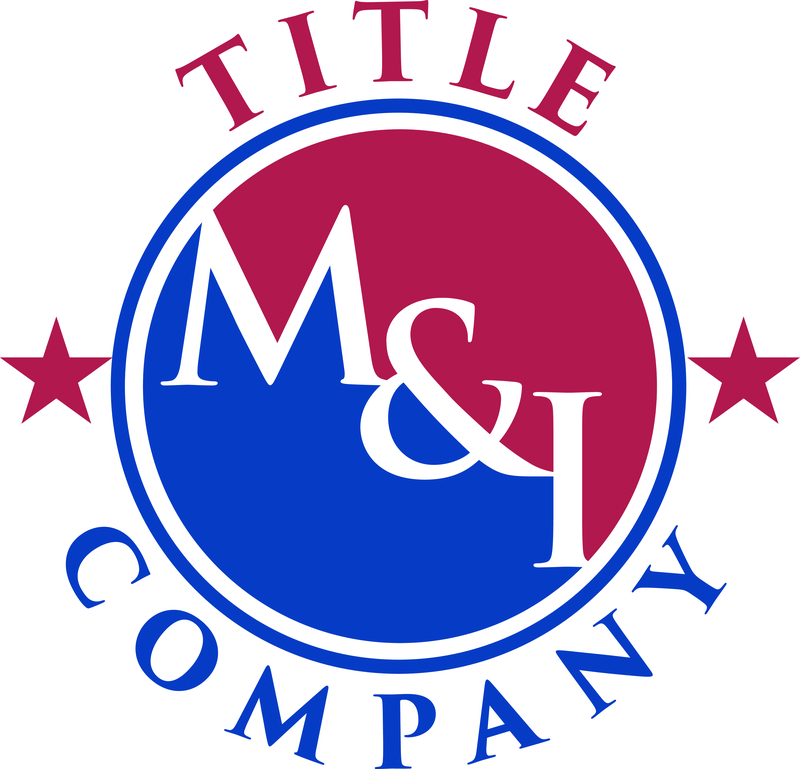It would be an understatement to say that Zillow® has many real estate agents nervous about their future. It’s not just Zillow® though, it’s Amazon, big banks, and dozens and dozens of new real estate start-ups and changing business models.
A true dysfunctional family…
The most common name that comes up in real estate agent circles when discussing the impact of the internet on the real estate profession topic is Zillow®, and usually in the context of “the enemy“, so to speak. It seems to me the biggest fear among agents about Zillow® is that they want to eliminate real estate agents and instead give consumers a marketplace to buy and sell homes without the need for an agent. What is most interesting to me about this, is that Zillow® made something like nearly $1 Billion last year from selling leads to, guess who? Yep, real estate agents. So, the group that is afraid Zillow® is gunning for them, is lining their coffers with cash to do so, see the dysfunction? To be clear, I’m not blaming agents here for doing business with Zillow®, nor am I saying what Zillow® is doing is wrong, I’m just commenting on what I see and find it rather fascinating.
But wait there’s more…
Going back to Zillow® and all those leads they sell to agents, what makes it even more interesting is the fact that Zillow® is able to generate all those leads as a result of getting more than 1 million real estate agents in the U.S. to send their listings to them and give them permission to market them. Hmm…
The National Association of REALTORS® (NAR), the trade association for more than 1.3 million real estate agents, launched Realtor.com in 1995, a full decade before the birth of Zillow® and, for years was the number 1 real estate search site. Even though they were first to the party and number one for quite a while, there we many changes to the site, including ownership, as well as NAR’s stake in it and ultimately it was overtaken at the number one slot and now is the 3rd or 4th largest real estate search site in the world. Like Zillow®, Realtor.com has agents sending their listings to them, with permission to market them, then sells leads back to agents. Hmm…
Sleeping with the enemy or keep your friends close and your enemies closer?
At this point, one could question which of those statements is true and which way it runs. Are Zillow®, Realtor.com and others like that the enemy of the real estate agent, or vice-versa? Perhaps neither is the “enemy” but both see benefit from working with each other and need one another? Maybe, but what I actually see in the two examples given, and nearly every new or changing residential real estate business model, is the significance of the real estate agent and the need for the agent in order to have the connection with the consumer as well as accurate information about the listing and the transaction.
My visit to Zillow® last month revealed a lot…
Last month I went to Seattle and spent the day with Zillow® executives. It was a very informative visit and one of my biggest “take-aways” was that Zillow® does NOT want to be a real estate company or even an MLS for that matter, they simply what to be what they have been, a marketing company. Clearly, Zillow® recognizes the value of the agents, in terms of them being the best source of accurate listing information (through the MLS) not to mention they make about a billion bucks a year off agents selling them leads.
So, I don’t see Zillow® putting real estate agents out of business. Having said that, I do think Zillow® and others are and will continue, changing the real estate profession and impacting how business is done. I think in the months and years to come we will see lots of changes in the industry but, due to the complexity of the transaction, among other things, real estate agents are here to stay.
What makes a home sale complex?
I mentioned the complexity of a home sale, yet there are people that think selling a home is simple, so simple that they could do it themselves. Granted, about 1 out of 13 homes are sold by owner, but that doesn’t mean the transactions went well or that the seller received the maximum value for their home. I could write a novel on the complexities of home sale transactions I’ve seen in my 40 years in the business, but here’s a quick list of some of the highlights:
- Emotions – Homeowners are emotionally attached to their homes making it very hard for them to be objective. Without professional guidance, it’s easy to make bad pricing and negotiating decisions.
- Regulations – Real estate is a very regulated industry and subject to many laws with regard to a home sale transaction. Homeowners, while exempt from rules and laws that apply specifically to those people holding a real state license, they are not exempt from the rest. The typical homeowner has no idea what they “don’t know”. Fair housing laws are complex and apply to FSBO’s too, required disclosures (lead-based paint for example) apply to FSBO’s too.
- Legal Issues – We live in a very litigous society, therefore, when it comes to a home sale, it’s imperative to have access to good contracts and forms that are specifically tailored for your particular market, as well as have a thorough understanding of how to use them properly. Additionally, knowing the importance of disclosing defects, and the liability that can come as a result of not doing so, is imperative.
- Speaking the language – When homeowners take it upon themselves to sell their own home, they quickly realize that, while they have (for the time being) removed an agent representing them from the deal, that they must offer a commission to a buyers agent and that most savvy buyers are represented by an agent. This pits the homeowner, who doesn’t speak the same language, so to speak, as an agent, nor the knowledge or access to resources that agent does, against the agent to hammer out a deal. Guess who wins?
- There’s more than price – Websites are great for advertising a listing and even for connecting a seller with a prospective buyer, however after they come together that is where things break down and professionals are needed. For many products and services (such as buying an airline ticket), it’s a pretty simple process that just comes down to price. If you are looking to fly from St Louis to Chicago it’s pretty simple. You can choose between American and Southwest, shop price online, take your pick and you are done. A home sale takes much more than a seller and an interested buyer. Given that it often takes 6 weeks to close a deal, sellers better have a good idea, before they accept an offer, that the buyer is capable of actual consummating the deal and seeing it through to closing. This involves a lot of knowledge and experience in terms of knowing to require things like a loan pre-approval, then dissecting what is received to see if it is worth more than the paper it is written on, to how to minimize the impact (and risk of the buyer walking away) through contingencies and riders, etc.
That’s the short list of 5 of maybe 20 or so issues I can think of, but the bottom line is (sorry for the over-used cliche) selling a home (or buying a home) is a complex transaction with an awful lot of moving parts and, as much as I like automation and technology, not one that I think the human element (i.e. “agent”) can safely be removed from.


